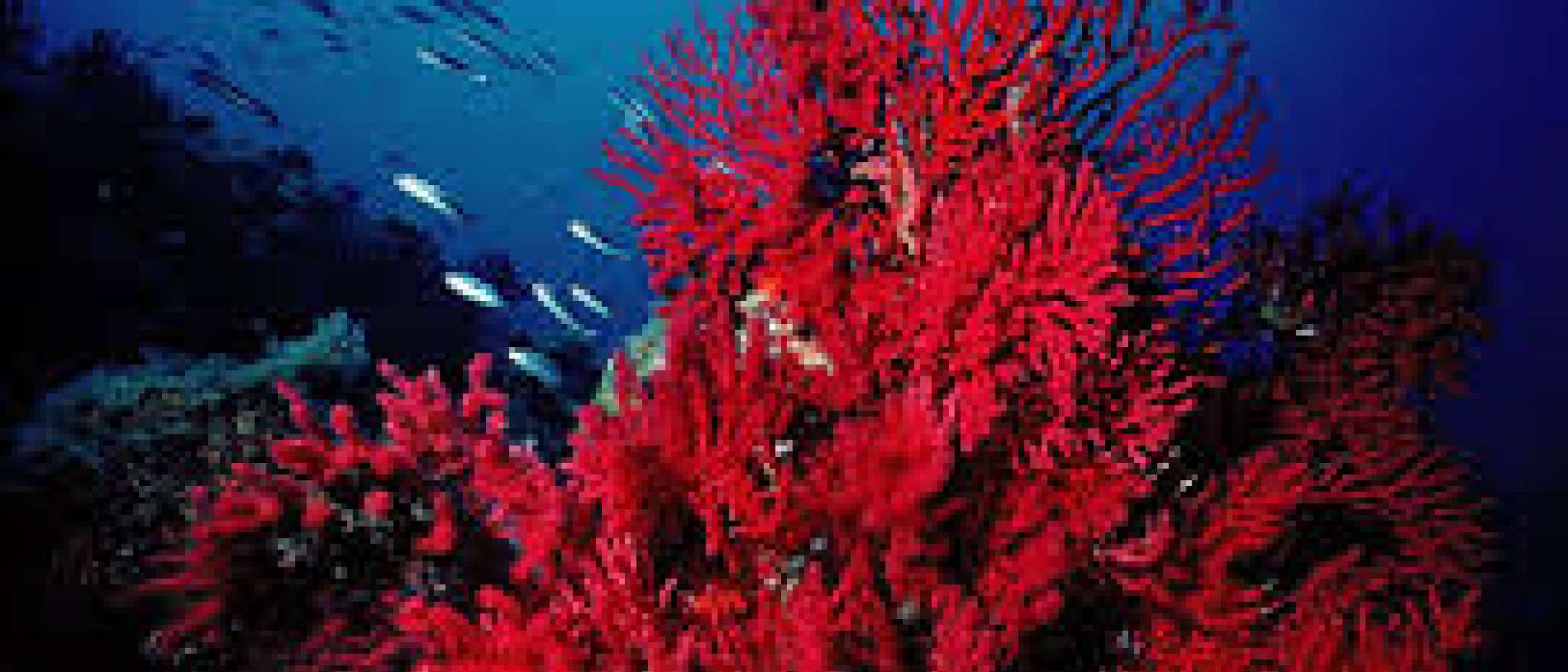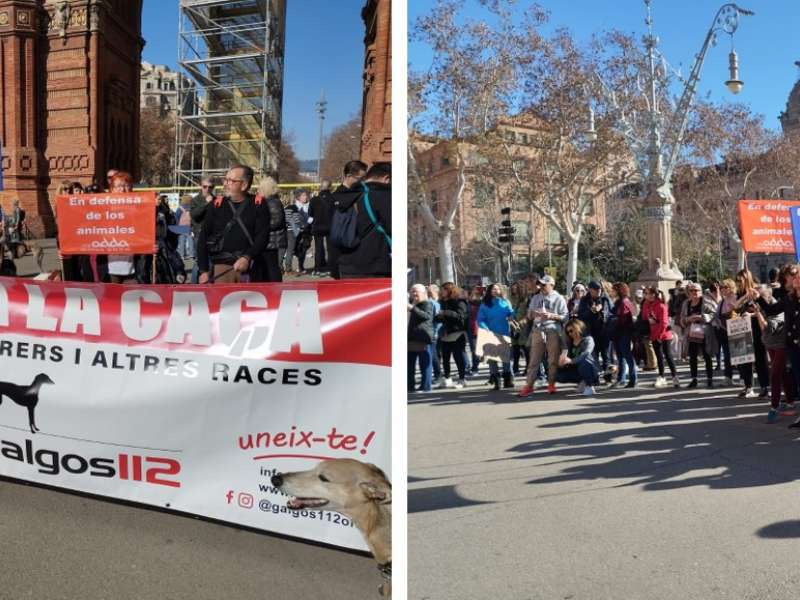News
ADDA joins the Platform for the protection of red coral

The main environmental and scientific organizations consider unacceptable the fishing of Red Coral approved by the Government and demand a total moratorium for the species.
The new order of the Ministry of Agriculture, Fisheries and Food that regulates red coral fishing ignores many of the scientific considerations and compliance with several European regulations.
Although the new decree reduces the allowed harvest quota, the signatory organizations call for a total ban on the extraction of red coral in Catalonia, and by extension to the rest of the zones.
Press release:
The signatory organizations consider that authorizing the fishing of a species declared in danger of extinction goes against the criterion of the autonomic administration of Catalonia and of the scientific recommendations. They argue that if there are no contrasted studies to confirm that the species is being exploited in a sustainable manner, it is reckless to grant licenses for its extraction and totally inconsistent with the commitment to protect biodiversity expressed on numerous occasions by the President of the Government and the Minister of Agriculture and the Minister of Ecological Transition.
Faced to this new decree, (Order APA / 1186/2018) which authorizes, for the third time this year, new quotas, dozens of research centers, environmental organizations, among which is Ong ADDA and diving centers, sent a joint letter to Teresa Ribera, Minister of Ecological Transition and Luis Planas, Minister of Agriculture, Fisheries and Food, to demand a moratorium on the extraction of red coral in Catalonia, and by extension to the rest of the Spanish waters.
In this new letter, the organizations highlight that no reply was received to the previous letters sent in the past months. and reiterate their support for the decision of the Generalitat of Catalonia which established, in 2017, a 10-year closing season to the extraction of red coral (Corallium rubrum) in order to protect this endemic species of the Mediterranean Sea classified as endangered by the International Union for the Conservation of Nature (IUCN).
The decision of the Generalitat was based on a scientific report on the status of red coral populations in the Catalonia waters. This report, which covered both internal and external waters of Catalonia, recommended an urgent moratorium on this species, given that "90% of the red coral populations in Catalonia were in a critical state of conservation". However, at the end of 2017, the former Spanish government, ignored the decision of the Catalan government and granted twelve licenses for the extraction of red coral in the waters of Catalonia. in the area between Cap de Begur and Arenys de Mar.
In the recently announced new Order, the Ministry of Agriculture, Fisheries and Food has introduced a ban on extracting red coral at depths of less than 50 meters. Although it is a mandatory measure already included in the European regulations since 2015, the organizations consider positive that this prohibition was finally included in the Order. However, they regret that other mandatory measures have been ignored.
Until now, up to 300 kg per year of raw red coral per fisherman could be extracted. The new decree reduces the quota to 25 kg in the area of Catalonia, and up to 150 kg in the rest of the areas. But the signatory organizations of the letter denounce that the scientific data that guarantee that the quotas established are in line with the best available scientific information and with the existing regulations, as required by the Common Fisheries Policy and other regulations, are not available yet. Community. therefor, they declare that it is urgent to stop the extraction of red coral in Catalonia, and in the rest of the zones, as a precautionary measure until a scientific report is available.
To conclude, the organizations declare that the protection of red coral is necessary for a long-term socio-economic and environmental sustainability.














